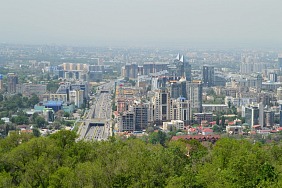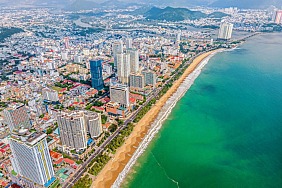The digital nomad lifestyle is becoming increasingly popular, and Portugal is one of the most attractive destinations for digital nomads. But what about digital nomad taxes in Portugal? It's essential to understand the country's taxation system and regulations before making the move.
Taxes for Digital Nomads in Portugal
The Portuguese taxation system requires digital nomads to file taxes in the country if they meet certain criteria, such as spending more than 183 days in Portugal in any given year. Digital nomads must also be registered with the Portuguese tax authorities. Digital nomads are considered to be Portuguese tax residents if they spend more than 183 days in the country in a year, or if their main source of income is from Portugal.
Digital nomads can be taxed in two ways: either as a Portuguese tax resident or as a non-resident. If a digital nomad is considered a Portuguese tax resident, they will be taxed on their worldwide income. Non-residents are only taxed on income generated in Portugal.
Portugal has a flat-rate income tax of 20%, which applies to all income earned in Portugal. There is also a social security tax of 11% that applies to all income earned in Portugal. Self-employed digital nomads will also be required to pay a 33.3% social security tax.
In addition, there are a few other taxes digital nomads should be aware of. Non-residents are required to pay a tax on all real estate purchases in Portugal, and there is a stamp duty on certain types of contracts, such as rental agreements. Digital nomads should also be aware of the Portuguese value-added tax (VAT) which is currently set at 23%.
Tax Benefits for Digital Nomads in Portugal
Fortunately, there are a few tax benefits that digital nomads in Portugal can take advantage of. Portugal has a non-habitual resident (NHR) scheme which offers tax breaks for newcomers to the country. This scheme allows foreign citizens to pay a reduced rate of income tax for a period of 10 years.
Digital nomads can also take advantage of Portugal's generous tax deductions and exemptions. Some of these deductions and exemptions include tax deductions for health insurance, mortgage interest, and charitable donations. Digital nomads may also be eligible for a tax credit of up to 30% of their annual income.
Finally, Portugal has a number of tax treaties with other countries that can help digital nomads save money on their taxes. These treaties can help digital nomads avoid double taxation and can provide them with additional tax benefits.
Conclusion
Understanding digital nomad taxes in Portugal is essential for anyone considering making the move to the country. It's important to be aware of the taxation system and regulations, as well as the tax benefits that are available to digital nomads. With the right knowledge and planning, digital nomads can enjoy the benefits of living and working in Portugal without worrying about taxes.













